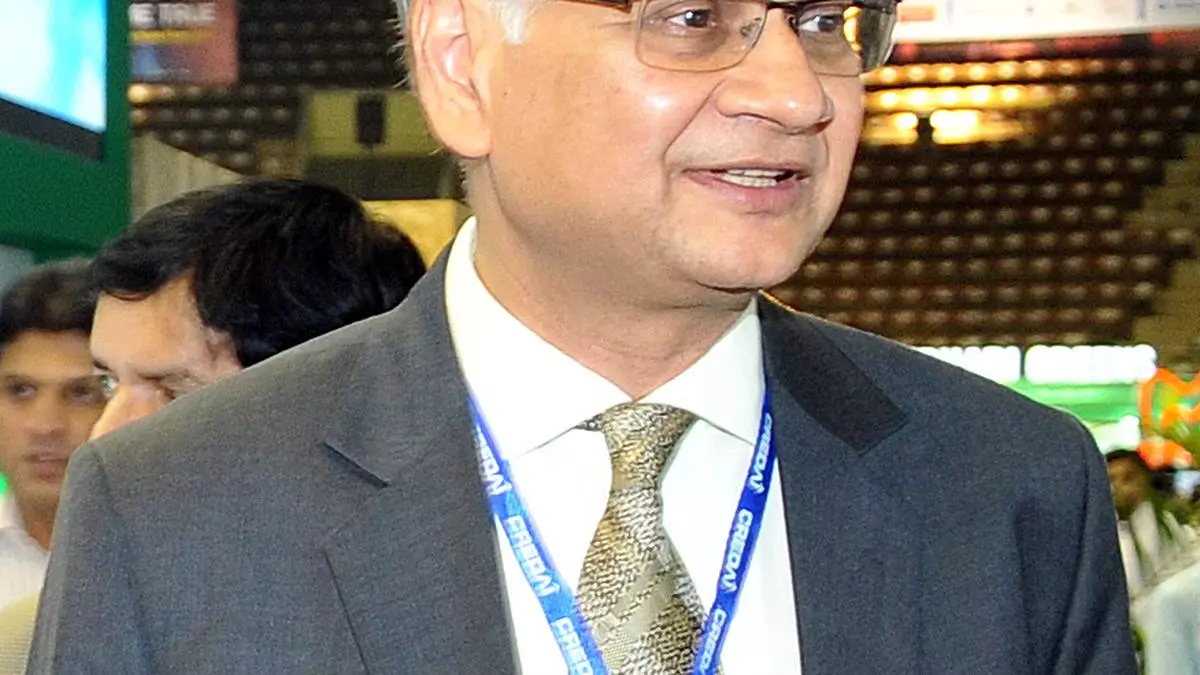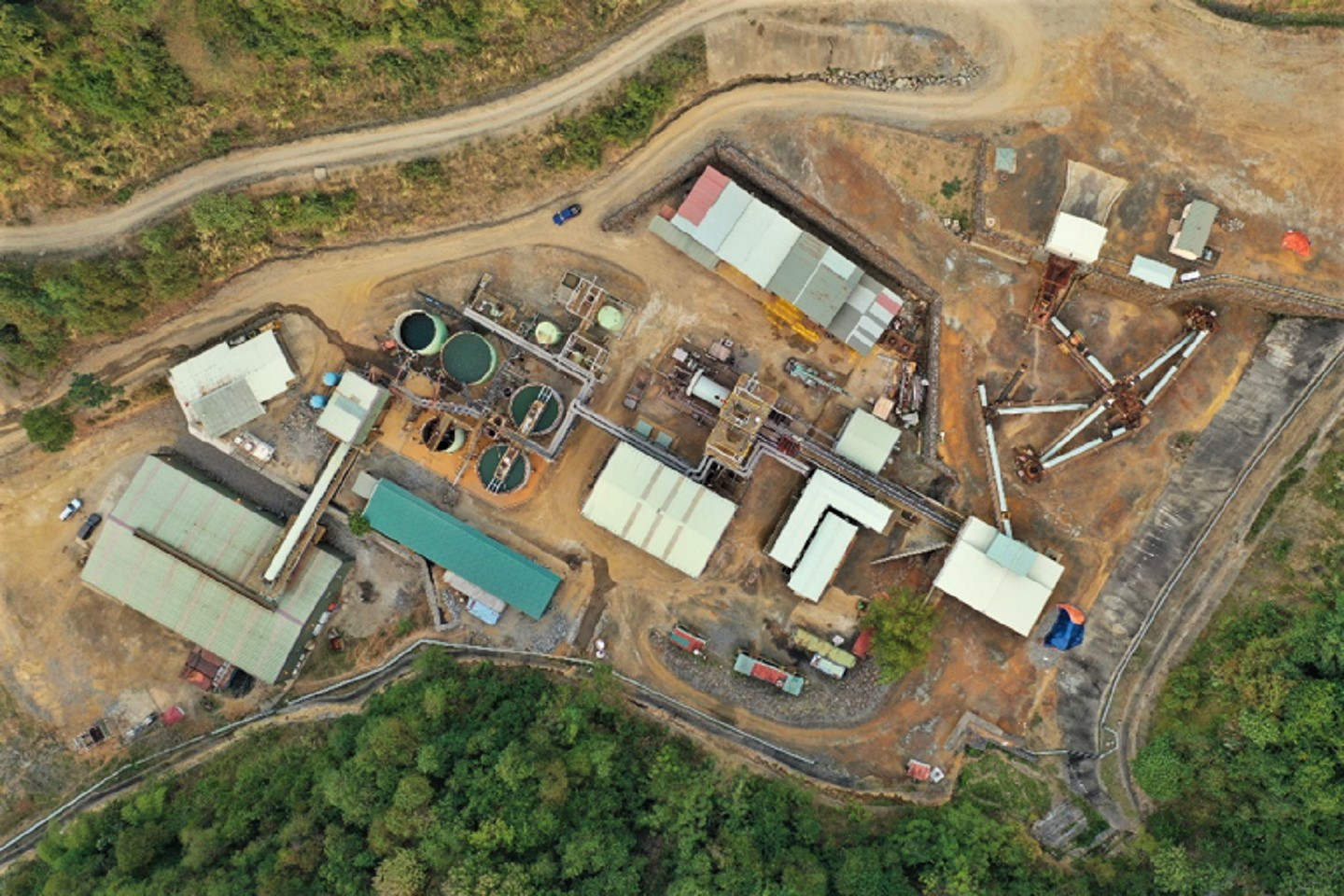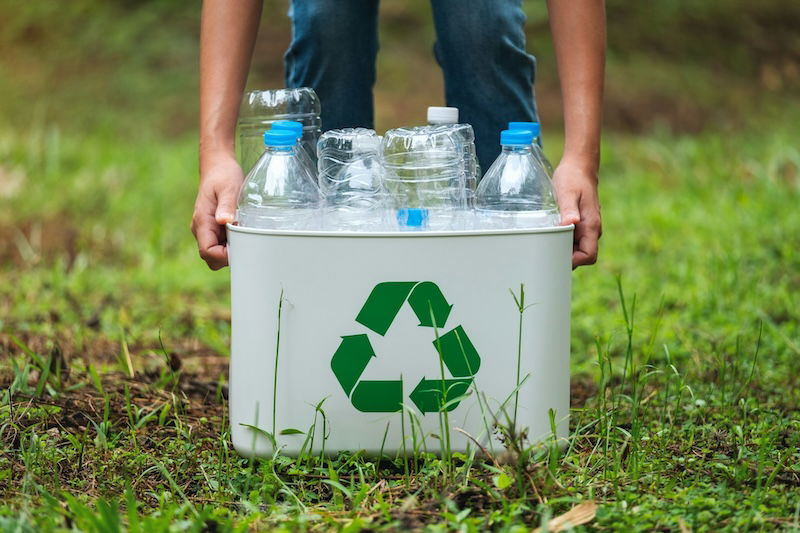The biofuel sector is at a pivotal juncture where sustainable development, energy security, and climate action intersect. The F-T-P (Feedstock-Technology-Product) approach provides a structured framework for embedding biofuels into industries like sugar, paving the way for a green economy. This strategy, when aligned with India’s National Policy on Biofuels 2018, can help transform the sugar industry into an engine of sustainable growth.
As an expert in biofuels, I believe this approach is not just a policy vision but a necessary paradigm for fostering innovation, sustainability, and economic resilience.
Feedstock: Leveraging diversity
India’s agricultural abundance positions it as a natural leader in biofuel production, but this potential must be harnessed with precision. The F-T-P approach’s classification of feedstocks into three generations is crucial for achieving scalability and sustainability:
- 1G (First-Generation Feedstocks) These include molasses, sugarcane syrup, and surplus grains. While easily accessible, they must be managed carefully to avoid competition with food security. For example, sugarcane-derived molasses has long been a staple for ethanol production, yet balancing its use between fuel and food industries remains critical.
- 2G (Second-Generation Feedstocks) Leveraging agricultural residues like bagasse, rice straw, and wheat straw offers a sustainable alternative. The Ministry of New and Renewable Energy (MNRE) has rightly focused on promoting research into 2G ethanol technologies. India’s sugar mills, with their vast bagasse by-products, are uniquely positioned to drive this forward.
- 3G (Third-Generation Feedstocks) Algal biofuels represent the future, requiring minimal arable land and offering high yields. Although still at an experimental stage, the National Mission on Algal Biofuels showcases India’s commitment to pioneering this technology.
My views: Diversification is key. With global biofuel production projected to rise significantly by 2027 (as per IEA reports), India’s multi-feedstock strategy must emphasise regional adaptability and waste valorisation.
Technology: Pioneering Innovation
The biofuel industry’s technological backbone requires robust innovation to unlock its true potential. The F-T-P approach stresses advanced technologies that bridge efficiency and sustainability:
- Alcohol-to-Jet (ATJ) Technology As the aviation industry seeks decarbonization solutions, ATJ technology emerges as a game-changer. India’s first commercial SAF plant by CSIR-IIP is a significant milestone.
- Bio-Methanation This technology, promoted under MNRE’s SATAT initiative, converts organic waste into biogas, supporting circular bioeconomy principles. By integrating bio-methanation with sugar mill operations, waste can be transformed into valuable energy.
- Lactic Acid Technologies Developing bioplastics from PLA (polylactic acid) aligns with both economic and environmental imperatives. This innovation is critical for reducing plastic dependency and achieving sustainable material production.
My views: Technology adoption is only one part of the equation; scalability and cost-efficiency are vital for real-world impact. Global reports like GBET 2022 emphasize the need for biomass pretreatment and advanced bioconversion methods, which India must prioritize.
Products: Expanding Horizons
The F-T-P framework reimagines biorefineries not just as ethanol production hubs but as centers for diversified, high-value outputs:
- Ethanol (1G and 2G) The Ethanol Blending Programme (EBP) has driven ethanol demand, with India achieving record blending rates. However, scaling 2G ethanol production is imperative to meet long-term targets.
- Sustainable Aviation Fuel (SAF) SAF represents a lucrative opportunity as global aviation embraces decarbonization. With the aviation sector eyeing biofuels as a compliance mechanism for climate commitments, India must position itself as a key SAF supplier.
- Renewable Chemicals and Materials (RCM) Producing bio-based chemicals and materials can significantly enhance the sugar industry’s profitability while reducing reliance on fossil-based inputs.
- Bioplastics and Bio-Bitumen The rising demand for sustainable infrastructure materials and eco-friendly packaging aligns perfectly with these product lines.
My views: A diversified product portfolio ensures economic resilience. The global biofuels market is evolving, and India must pivot quickly to expand beyond ethanol into chemicals, SAF, and renewable materials.
Integrated biorefineries: The future of sugar industry
Integrated biorefineries lie at the heart of the F-T-P approach. By combining feedstock diversity, cutting-edge technologies, and diversified outputs, biorefineries can:
- Optimise resource utilization.
- Minimise waste through circular production models.
- Emerge as sustainable industrial hubs driving rural development.
My views: India’s sugar mills are ripe for transformation into integrated biorefineries. This not only ensures economic viability but also enhances their role in the global bioeconomy.
Conclusion: A comprehensive roadmap
The F-T-P approach is not merely theoretical; it is a pragmatic pathway to achieve India’s biofuel ambitions. By focusing on feedstock diversity, technological innovation, and product diversification, the sugar industry can become a cornerstone of India’s green economy.
The Government of India’s policies, including the National Policy on Biofuels and the SATAT initiative, lay a strong foundation. Now, industry players must capitalize on these frameworks by fostering collaboration, investing in R&D, and ensuring sustainable practices.
Call to action: The global biofuel landscape is shifting rapidly, and India is poised to lead. By implementing the F-T-P approach with precision and commitment, we can not only achieve our energy goals but also set a benchmark for sustainable industrial transformation worldwide.








Leave a Comment